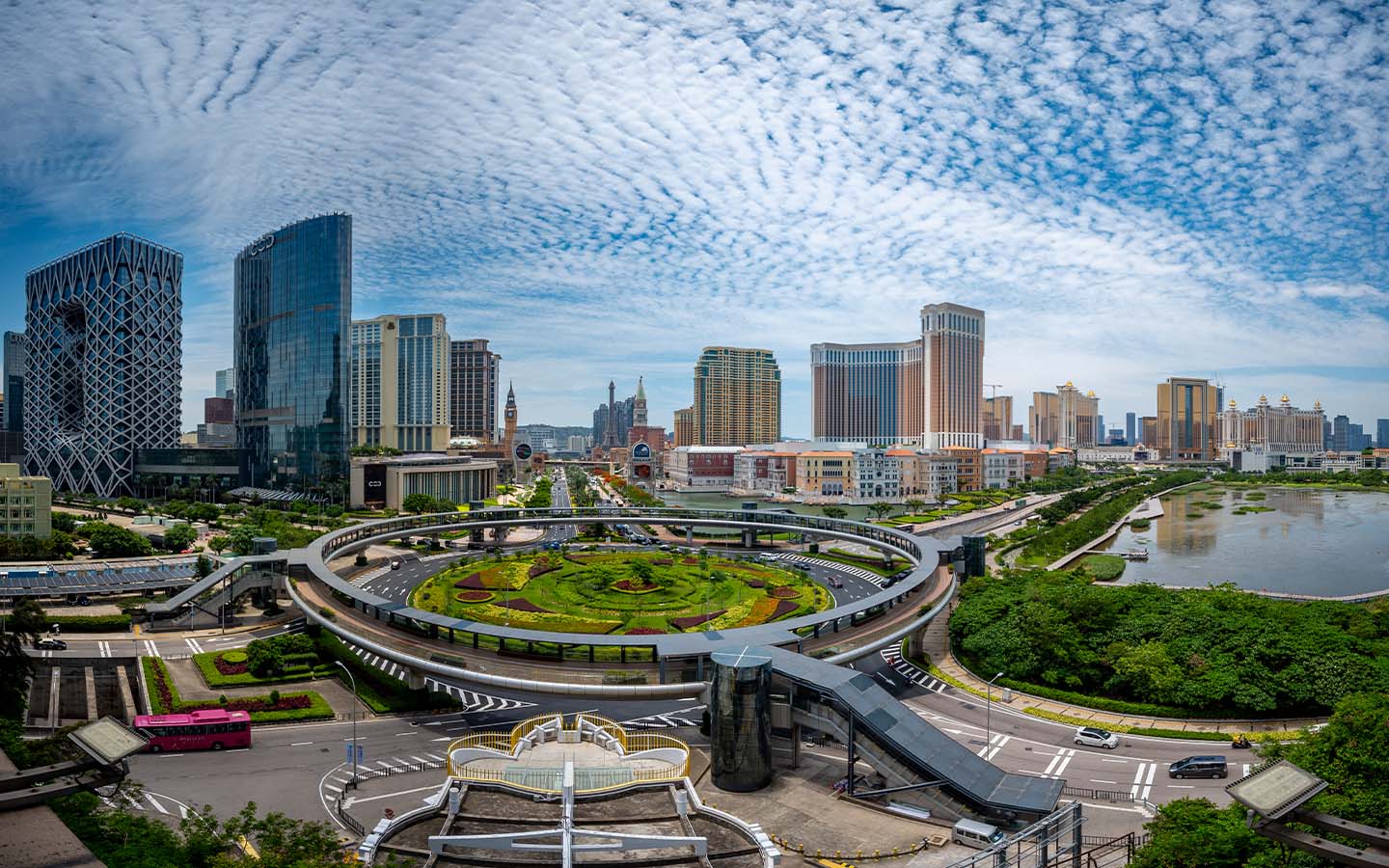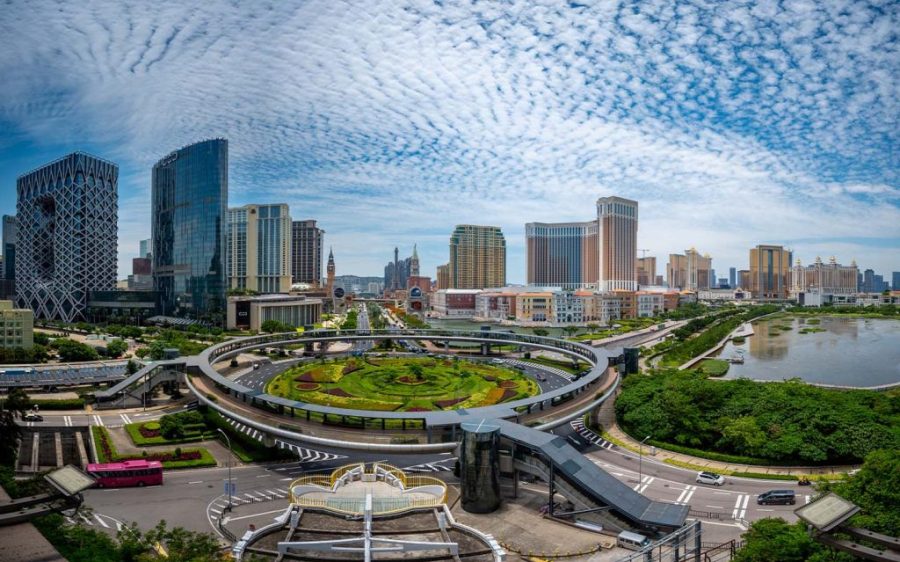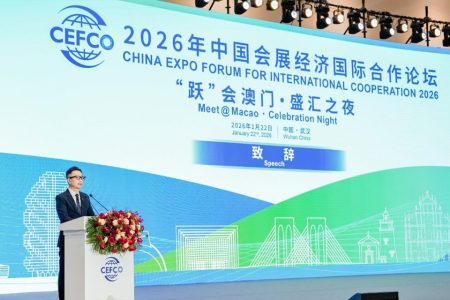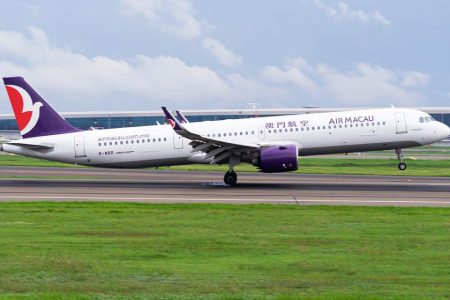CLSA predicts Macao’s casinos will bounce back in 2026, with the inflection point arriving later this year. Analysts cited anticipated improvements in the mainland’s beleaguered property market along with several emerging sector trends gaining traction, Asia Gaming Brief reports.
The investment bank recently downgraded its 2025 gross gaming revenue (GGR) forecast to growth of just 1.8 percent, following the industry’s lacklustre first quarter performance – which saw GGR come in beneath government expectations.
CLSA equity analyst Jeffrey Kiang said mainland Chinese consumers would remain the main driver of GGR in coming years. He acknowledged that their willingness to spend was heavily tied to China’s property market, which CLSA’s real estate team believed would bottom out in the second half of 2025. “That’s where our 2026 GGR growth case is predicated,” Kiang noted.
[See more: Here’s what will shape the next generation of IRs, according to summit experts]
Non-gambling activities offered by the city’s integrated resorts (IRs) were an increasingly useful way to drive foot traffic to their casinos, Kiang said. He advised targeting audiences with “deep wallets” in order to see an impact on GGR.
Kiang pointed to wellness tourism as one emerging trend in the resorts’ non-gambling offerings that had received a lot of attention at this year’s Asian IR Summit, which took place at the Galaxy International Convention Centre earlier this month. He also highlighted intellectual property collaborations and Gen Z-focused experiences as potential growth avenues.
“Anything that drives mind share and consumer experience would help,” Kiang said. “These hopefully would mean higher spending for operators, but offerings will decide how the pie is divided.”
[See more: Macao has a long way to go before it truly becomes the ‘Asian Las Vegas,’ expert says]
Regarding emerging gaming markets like Thailand, Kiang said he didn’t view them as direct competition to the SAR. “Thailand looks to be a different gaming market from Macao,” the analyst observed, pointing to the Southeast Asian country’s different customer base (far fewer mainland Chinese visitors) and longer average stays.
One constraint to Macao’s recovery that Kiang brought up was hotel capacity, which he said remained tight. The first quarter of 2025 saw the average occupancy rate climb 5.2 percent year-on-year, to 90.1 percent.
On the whole, Kiang described Macao’s gaming recovery as dependent on “ensuring every penny spent translates into incremental.” He urged gaming operators to focus on maximising their brand recognition. “This will ultimately translate into higher revenue and EBITDA [earnings before interest, taxes, depreciation and amortisation] market share,” Kiang said.






